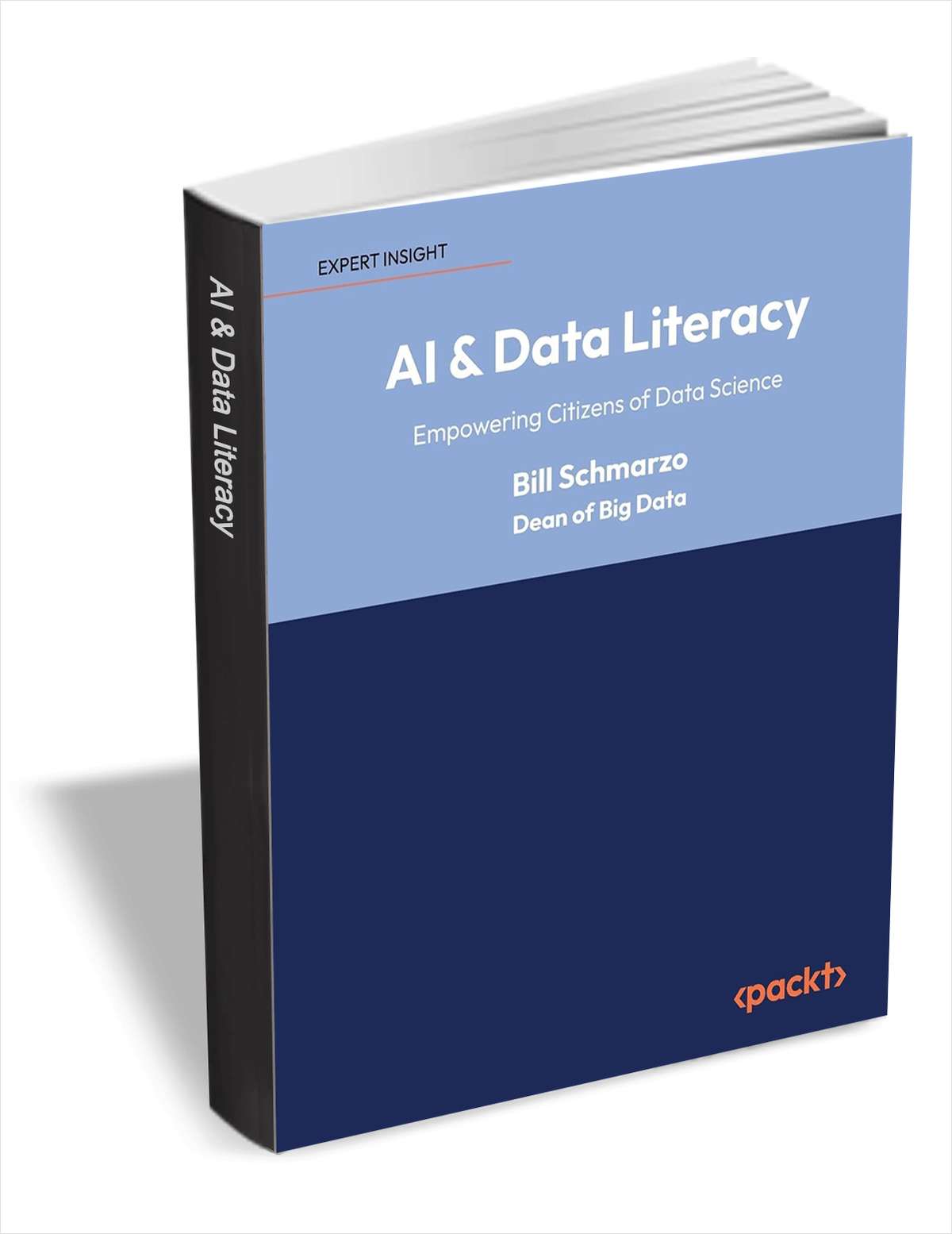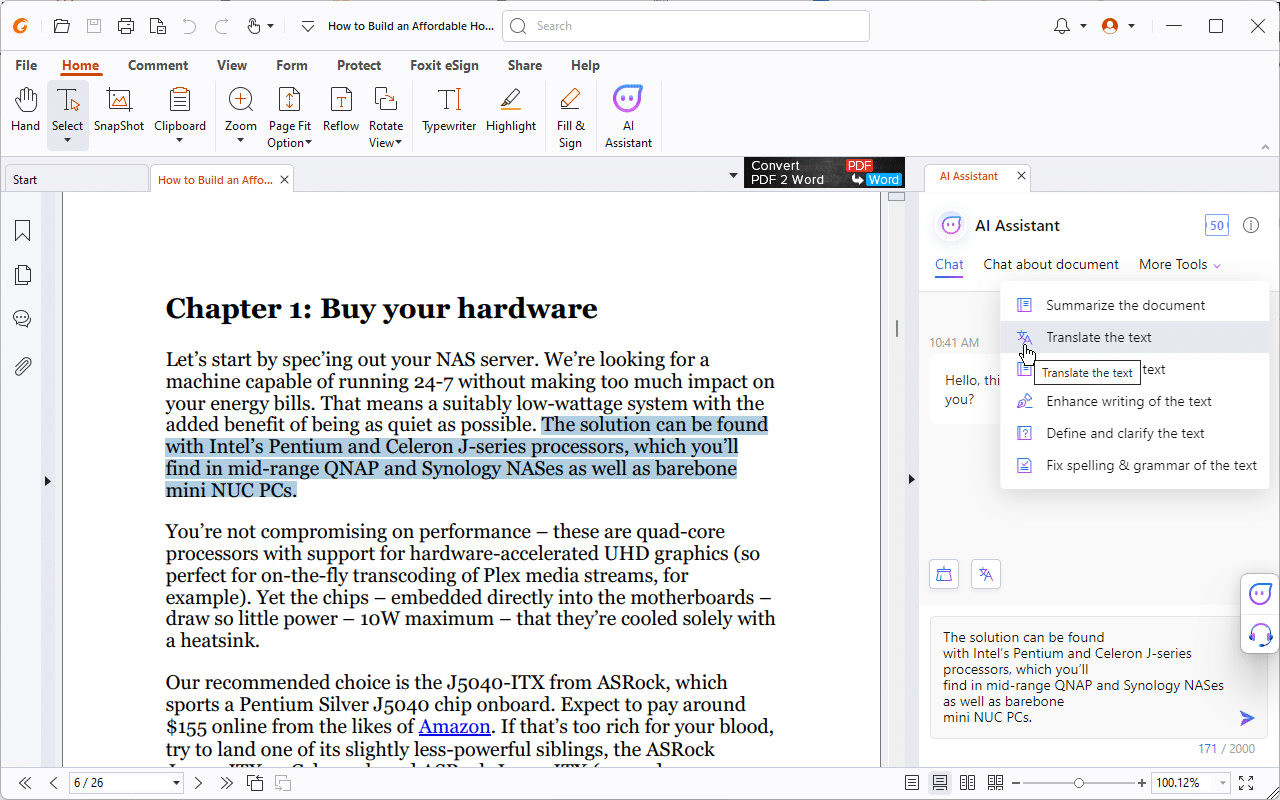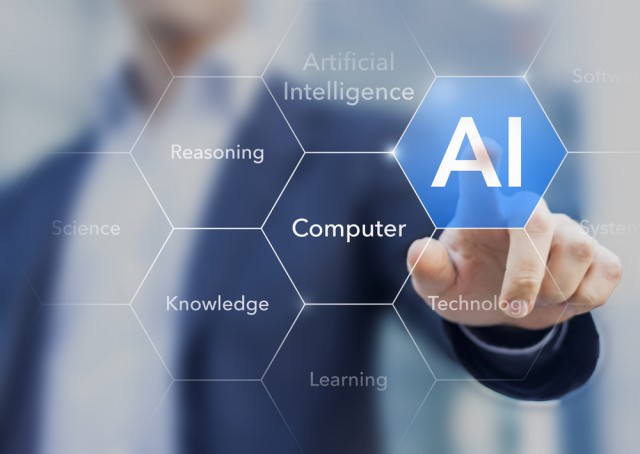
Microsoft releases KB5032288 update for Windows to fix Copilot issues and more
This is the time of the month when Microsoft releases preview versions of Patch Tuesday updates, and the company has unleashed the KB5032288 update for Windows 11 in keeping with this.
While the KB5032288 update addresses a number of issues in Windows 11, it is primarily concerned with fixing problems in the recently added Copilot. With Copilot being described as being "in preview" and the update being a preview version, we're in the interesting position of seeing the release of a preview version of an update for preview software. Let's dive in.

Report: Microsoft will release Windows 12 in June 2024 to ride the AI PC wave
There have been questions, hopes and rumors about Windows 12 for quite some time now, and as time goes by this is something that shows no signs of changing. We've already had hints about the successor to Windows 11 from Intel, and now Taiwanese business media has offered up more information.
According to a report in the Commercial Times, we don't have long to wait until Microsoft releases Windows 12. Timed to coincide with the rising interest in AI PCs, Windows 12 is said to be due to launch in June 2024.

KB5032278 update brings Copilot to Windows 10 and improves 'news and interests'
Microsoft has released the KB5032278 update for Windows 10 22H2, bringing a number of changes and improvements including the arrival of Copilot.
This is an optional update because it is a preview of next month's patch, and because it is a preview it is a non-security update. In addition to bringing Copilot to anyone outside of the EU, the KB5032278 update also includes numerous other changes, additions and fixes.

Get 'AI & Data Literacy' (worth $14.99) for FREE
AI is undoubtedly a game-changing tool with immense potential to improve human life.
This book aims to empower you as a Citizen of Data Science, covering the privacy, ethics, and theoretical concepts you’ll need to exploit to thrive amid the current and future developments in the AI landscape. The book explores AI's inner workings, user intent, and the critical role of the AI utility function while also briefly touching on statistics and prediction to build decision models that leverage AI and data for highly informed, more accurate, and less risky decisions.

Harmonizing human insight with AI: The future of tax and finance in the digital era
In common with many industries, the digital transformation era has ushered in a paradigm shift in the tax and accountancy sectors. This has placed automation and artificial intelligence (AI) at the center of operational innovation, efficiency and competitive advantage. In doing so, these and other technologies are redefining the way industry professionals approach their work, with profound implications for the future.
Among the key questions this creates are: what does this all mean for human skillsets and expertise, and how can businesses balance these changes with uniquely human capabilities, ensuring that one complements the other? In looking for answers, there are several key areas to consider:

We tried Brave's AI chatbot Leo: It talks a lot about privacy, but is it truly private?
In early November, Brave, best known for its privacy-focused browser, launched its own AI chatbot called Leo. The chatbot is built into the desktop version of the browser (Brave says it will be coming to mobile soon), and was made available to all users for free. We at AdGuard, always eager to explore new AI-powered tools, and aftertesting Bing AI and playing with others, we couldn't resist the chance to check out Leo and assess its smartness and privacy features.
By default, Leo is found in the sidebar. To summon the genie AI-powered assistant, one simply needs to type 'ask Leo' in the address bar and it will materialize on the right side of the screen.

Generative AI sparks excitement and uncertainty
A new survey from Betterworks shows that the arrival of generative AI has generated excitement, experimentation, innovation, fear, and uncertainty among employees and organizations.
The research, conducted by Propeller Insights, shows over half of employees are using GenAI at work for complex activities and believe it has the potential to reduce bias across a range of processes, despite the fact that only 41 percent of organizations are actively evaluating it or have made GenAI a priority.

Foxit PDF Reader 2023.3 and Foxit PDF Editor 2023.3 embrace AI with new chatbot integrations
Foxit Software has unveiled major new features in its flagship PDF products with the release of Foxit PDF Reader 2023.3.23028 and Foxit PDF Editor 2023.3.23028.
Both tools -- available for Windows and Mac -- sport enhanced integration with ChatGPT with additional new features including translation, Q&A and content explanations. They also unveil the Foxit AI Chatbot, designed to answer users' questions about using the program.

The next evolution of AI: From conversations to interactions
Chatbots such as ChatGPT and voice assistants like Siri and Alexa have become ubiquitous parts of our daily lives. Millions of people regularly converse with these AI-powered tools to get information, set reminders, control smart devices, and more. However, while chatbots and virtual assistants represent an important early milestone in the development of artificial intelligence, they remain limited in significant ways.
These conversational agents can only engage in simple, narrow tasks operating in an isolated, disembodied way, devoid of richer context and unable to leverage external data sources.Moreover, most common AI tools only utilize rigid text or voice-only interfaces, restricting more natural interaction. The true promise of AI lies in building assistants that can seamlessly interact with us and other applications in an integrated way to accomplish complex, multi-step goals.

The human element -- cybersecurity's greatest challenge
The stark reality of cybersecurity today isn't merely a question of advanced software or strategic counterattacks. It's about people.
The financial impact is undeniable with cybercrime costs projected to reach an astonishing $10.5 trillion annually by 2025. Yet, beneath these figures lies a more pressing issue: the exploitation of human psychology.

Microsoft releases Copilot to Windows 10 users
Microsoft may have been engaged in a game of will-they/won't-they when it comes to the possibility of hiring OpenAI's Sam Altman, but it has not stopped the company from making good on its recent promise to give Windows 10 users access to Copilot.
Rumors of the AI assistant migrating from Windows 11 to Windows 10 were circulating for a little while before Microsoft confirmed that it would indeed be happening. The big day has now arrived, and Windows 10 users can now access Copilot... providing certain conditions are met.

AI boosts growth in 'synthetic' identity fraud
A new survey of 500 financial executives in the US shows a 17 percent increase in 'synthetic' identity fraud cases over the past two years, with more than a third of professionals reporting a significant surge of 20 to 50 percent.
The study by Wakefield Research for Deduce finds that despite the industry investing in fraud prevention, 52 percent of experts believe that fraudsters are adapting faster than defenses can keep up.

Generative AI sees rapid adoption in the enterprise
Generative AI has seen rapid adoption in the enterprise with 67 percent of respondents to a new study reporting that their companies are currently using generative AI, and 38 percent of this group saying that their companies have been working with AI for less than a year.
The report from O'Reilly shows many are still in the early stages of the AI journey, however. 18 percent report having applications in production, but there are multiple bottlenecks for enterprises looking to implement these technologies. First is identifying appropriate use cases (53 percent), followed by legal issues, risk, and compliance (38 percent).

Enterprises lack in-house skills for generative AI adoption
Only 38 percent of executives say their organization has the in-house expertise to adopt generative AI for innovation, according to a new study from the IBM Institute for Business Value.
Generative AI promises to upgrade ecosystem innovation by transforming the entire workflow. A large majority of executives say generative AI will greatly improve ideation (80 percent), discovery (82 percent), collaboration with partners for innovation (77 percent), and innovation execution (74 percent).

ChatGPT can make fully playable 'choose your own adventure' games
ChatGPT is able to do a lot of things, such as answering questions, translating text, generating stories and poems, and writing code.
OpenAI’s powerful artificial intelligence tool can do much more than just that though, including making fully playable multiple choice adventure games.
